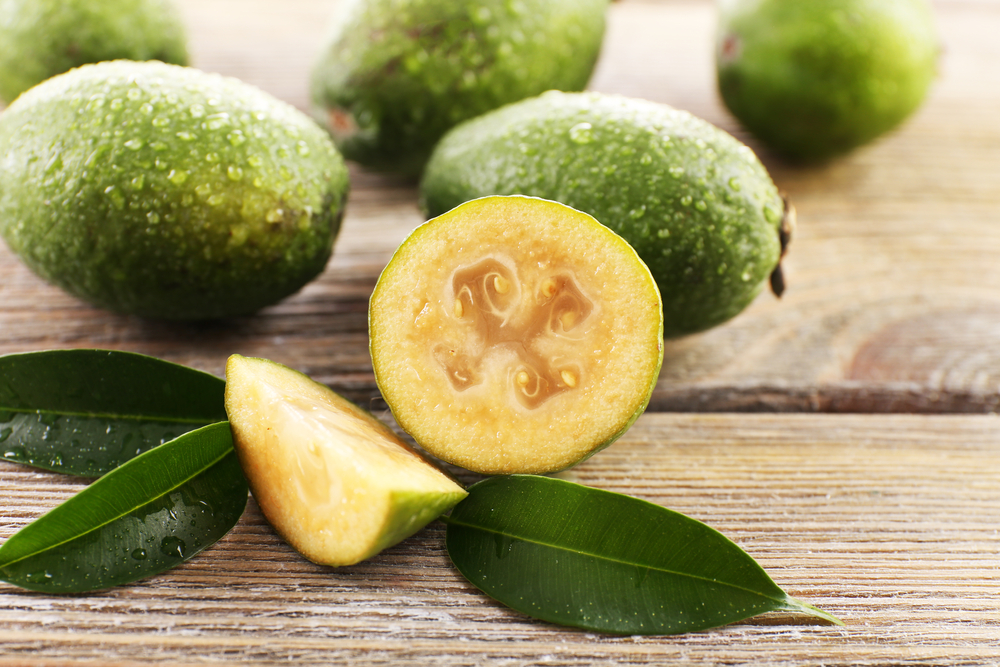In a new study entitled “Extracts of Feijoa Inhibit Toll-Like Receptor 2 Signaling and Activate Autophagy Implicating a Role in Dietary Control of IBD,” researchers investigated how a component extracted from a South American fruit, feijoa, was capable of reducing inflammation induced by a specific receptor of innate immunity, the Toll-like receptor 2, in intestinal epithelial cells. The study highlights the role of dietary components as a potential therapeutics in inflammatory bowel disease and was published in the journal PLOS One.
Inflammatory bowel disease (IBD) is characterized by chronic inflammation of the digestive tract that is notably populated by a community of commensal microorganisms referred to as microbiota, which is vital for a normal, healthy function of the gastrointestinal system. The immune system located within the intestine is a critical function for distinguishing between commensal microorganisms from those that are pathogenic. This is achieved via a series of receptors, such as pattern recognition receptors (PRRs) that recognize patterns in pathogenic microorganisms, pathogen-associated molecular patterns (PAMPs), and damage associated molecular patterns (DAMPs). One of the most important PPRs are Toll-like receptors (TLRs), which were shown to play a crucial role in the pathogenesis of IBD, a disease with limited treatment resources.
In this study, the authors aimed to investigate how dietary intervention can help manage IBD symptoms and reduce inflammation. To this end, they focused specifically on dietary components acting through TLRs. In a previous study, the team identified that a hydrophilic feijoa fraction (F3) cultivated in South America significantly reduced TLR2-induced inflammation. Since TLR activation can induce autophagy — a physiological response where damaged organelles are destroyed to maintain homeostasis and release components for new cell formation — the team investigated the link between TLRs and autophagy in response to F3.
Using in vitro assays with mouse embryonic fibroblasts and intestinal epithelial cells, the team tested the anti-inflammatory effect of F3 after stimulating the cells with an activating ligand of the TLR2 pathway. They observed that F3 reduced TLR2 specific inflammation while it stimulated autophagy in mouse embryonic fibroblasts in one of the intestinal epithelial cells. When the team repeated the F3 incubation in cells that were previously deleted for a major autophagy player (ATG5), the anti-inflammatory effect of F3 was reduced.
The team highlights that their results using two intestinal cell lines suggest that feijoa F3 exerts an anti-inflammatory effect in intestinal epithelial cells via autophagy activation. While the team recognizes that further studies are required to confirm their findings, they have successfully established a link between diet and the host’s immune system and how this can be further explored as a potential therapeutic for IBD.

